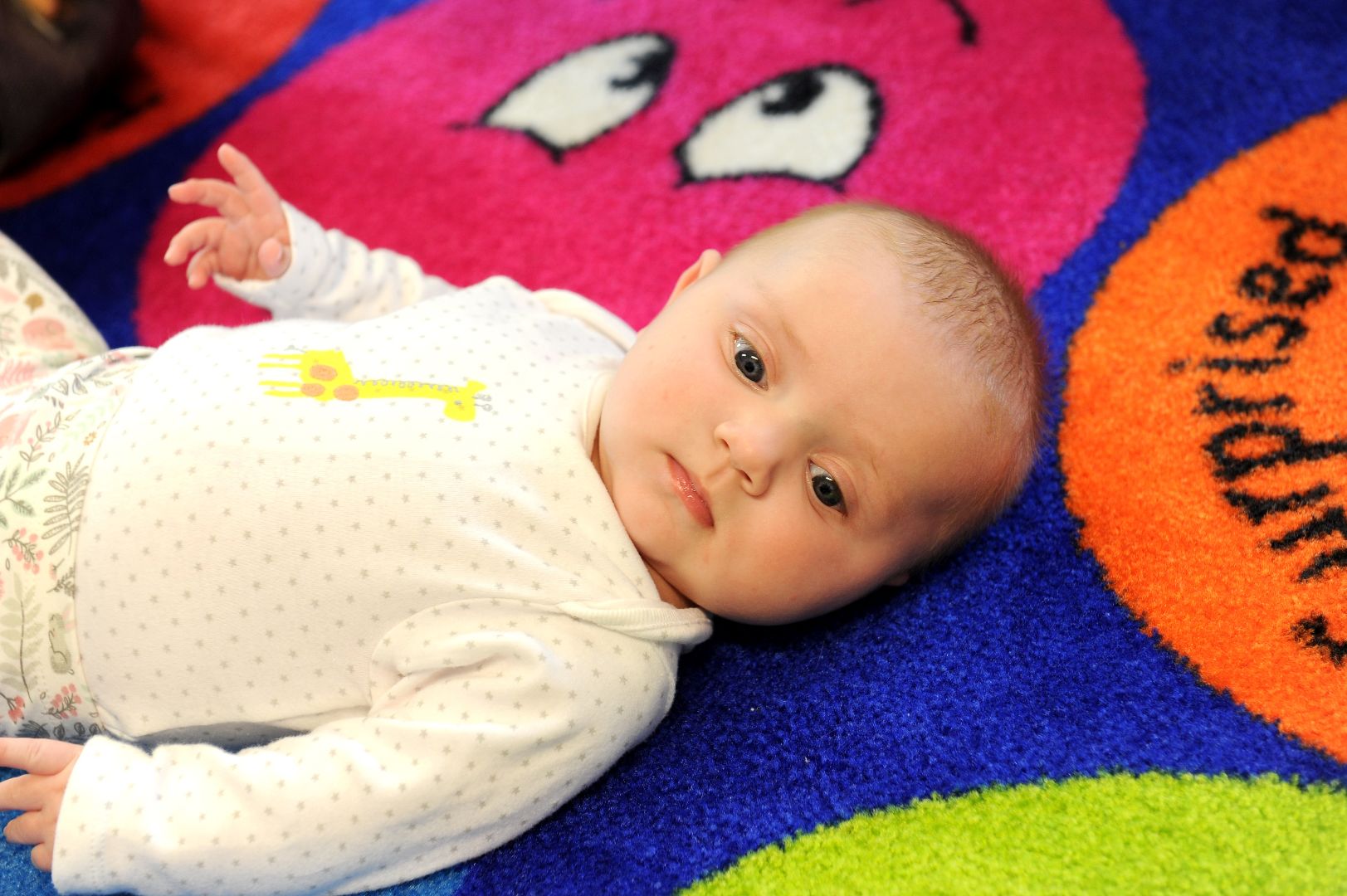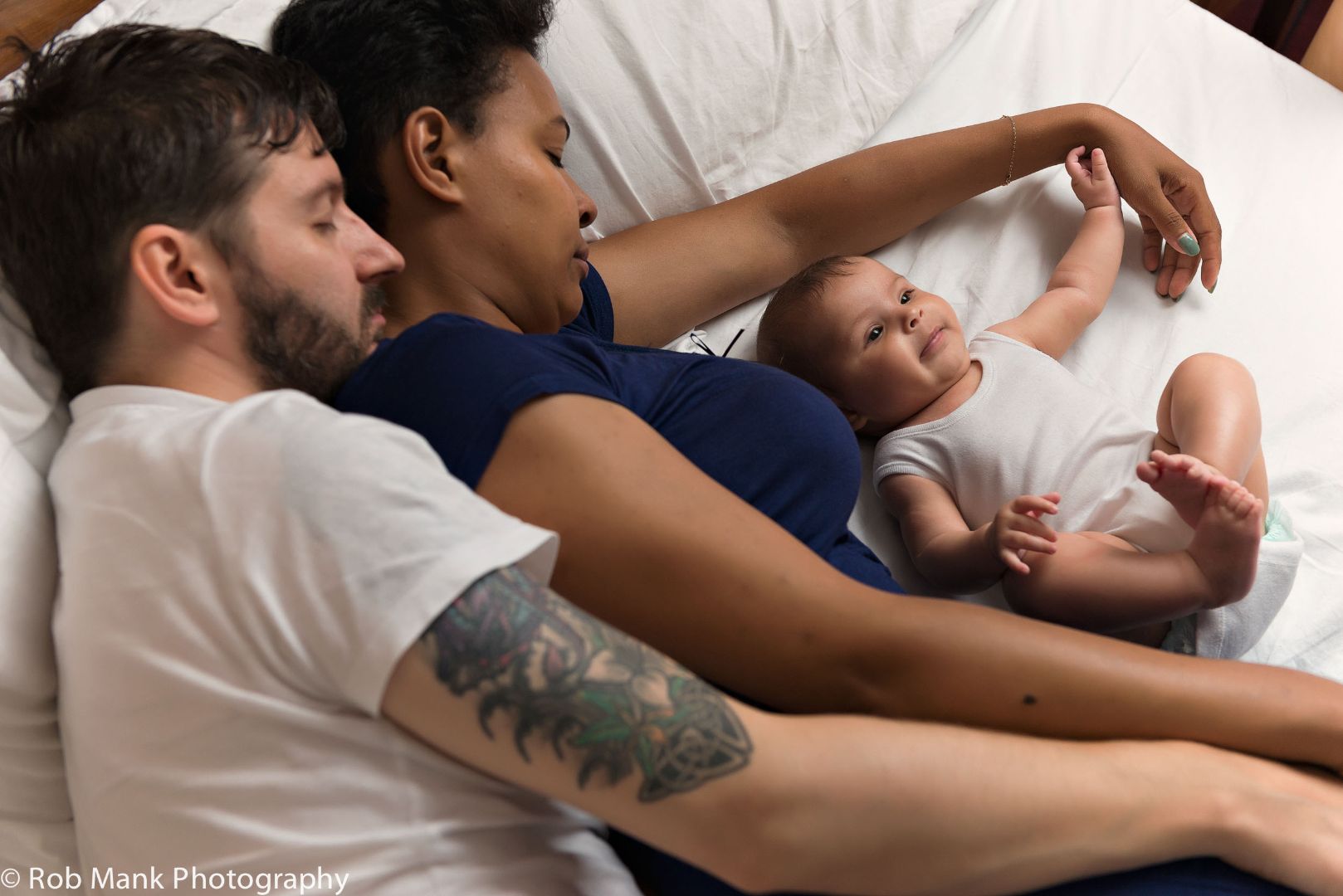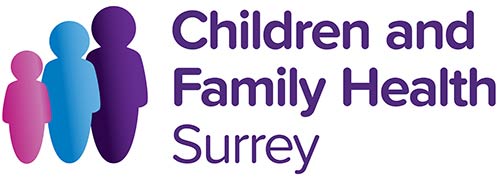Does everyone ask how your baby sleeps? Does everyone else's baby seem to sleep more than yours? Has someone told you your baby 'should' be sleeping differently to how they are? If so, you are not alone.
Read the information, advice and tips below about safe sleep including safe sleep when your baby is unwell.
You can also visit the Baby Sleep Information Source website for more information from sleep experts.
Remember… babies don’t sleep like adults, they sleep like babies.
Babies were designed to wake up often at night to feed and cuddle, and remember many adults wake during the night, too. They grow quickly in the early weeks and months of their lives and have very small stomachs. Therefore they need to feed around the clock to meet their needs.
 Becoming a parent is a very special time. Getting to know your new baby and learning how to care for her needs can be one of the most rewarding experiences of your life. However, it can also be challenging, especially when you are tired and your baby is wakeful and wanting to feed frequently during the night.
Becoming a parent is a very special time. Getting to know your new baby and learning how to care for her needs can be one of the most rewarding experiences of your life. However, it can also be challenging, especially when you are tired and your baby is wakeful and wanting to feed frequently during the night.
Talk to your health visitor about caring for your baby at night.
Read a blog by breastfeeding counsellor Emma Pickett who discusses the dangers of promoting a strict feeding schedule at the expense of responsive, flexible infant feeding.
Babies sleep is more or less evenly distributed between day and night, and occurs in 2-3 hour bouts. It often takes several months for a day /night pattern of wake and sleep to become established.
It is important to remember that babies operate according to their own internal biological rhythms and they are unaware of what their parents are being told. Watch this video.
Throughout human history, babies have slept close to their mothers, during the day and during the night.
Wherever your baby sleeps you need to ensure they are safe.
What families need to know
- Where babies sleep
- Cots, cribs and keeping baby safe
- Safer sleep advice - The Lullaby Trust
- Sharing a room with your baby
- Sleep products/positioners/pods.
Important tips
- Never sleep on a sofa or in an armchair with your baby. A special message for dads from #Liftthebaby
- Never co-sleep with your baby if you or you partner smoke. Visit the Health Surrey website for Stop smoking advice.

Some parents choose to bed share with their babies.
Research has shown that any breastfeeding is protective against Sudden Infant Death Syndrome. Even breastfeeding for a short time can be protective for your baby.
Both partial and exclusive breastfeeding have been shown to be associated with a lower SIDS rate, but exclusive breastfeeding was associated with the lowest risk
If you’re struggling breastfeeding your baby contact your Health Visitor, our advice line on 01883 340 922 or check out our website
If you choose to bed share, or if you think you may fall asleep when you are
feeding your baby in bed, follow these tips:
- Make sure your baby can’t fall out of bed or get trapped between the mattress and the wall
- Keep pillows and adult bedding away from your baby
- Make sure your baby doesn’t overheat, the room should be 16-20 degrees celcuis
- Do not have other children sharing the bed
- Don’t leave your baby alone in the bed as they may wiggle into a dangerous position
For advice about co-sleeping visit the Lullaby Trust's website
Never bed share with your baby if:
- You or anyone in the bed has recently drunk alcohol
- You or anyone in the bed smokes
- You or anyone in the bed has taken drugs that make you feel sleepy
- Your baby was born very small (under 2.5kgs or 5½ lbs) or was born prematurely (before 37 weeks)
When your baby is unwell their usual sleep pattern may be disturbed and it can be exhausting for you and your baby. It is important to continue to follow the latest safe sleep guidance even when your baby is sick to reduce the chances of sudden infant death syndrome.
Safe sleep tips
- Always place your baby on their back to sleep
- Place your baby to sleep in a separate cot or moses basket in the same room as you for the first six months
- Use a firm, flat, waterproof mattress in good condition
- Don’t cover your baby’s head or face while sleeping, and avoid lose bedding
- Avoid letting your baby get too hot
- Keep the room where your baby sleeps a smoke free zone.
Comforting your baby
Many infants like to be kept close and held when they are unwell, so be careful never to fall asleep with your baby on a sofa or armchair. If you think you may fall asleep, move somewhere safer such as the bedroom and make sure your baby is on their back in a clear, safe space free from bedding.
Feeding your baby
Breastfeeding your baby is a great way for them to get all the nutrition they need for their first six months and it protects them against infections and diseases too. When babies are unwell they will feed little and often so try to plan feeds and rest time for you both as much as you can. Read more on our infant feeding page.
Contact us
Families with children from birth to 19 years old can call our Advice Line on: 01883 340 922. The advice line is available from 8am to 5pm, Monday to Friday (excluding bank holidays) and provides support on all aspects of child health, development and parenting.
You should contact your GP or call NHS 111 if:
- you're worried about your child
- your child has takenless than half their usual amount during the last two or three feeds, or they have had a dry nappy for 12 hours or more
- your child has a persistent high temperature of 38 degrees Celcius or above
- your child seems very tired or irritable.
Please visit the Sleep and your child page for advice on how to support the sleep of your toddler, child and teenager (including those with additional needs and learning disabilities).

